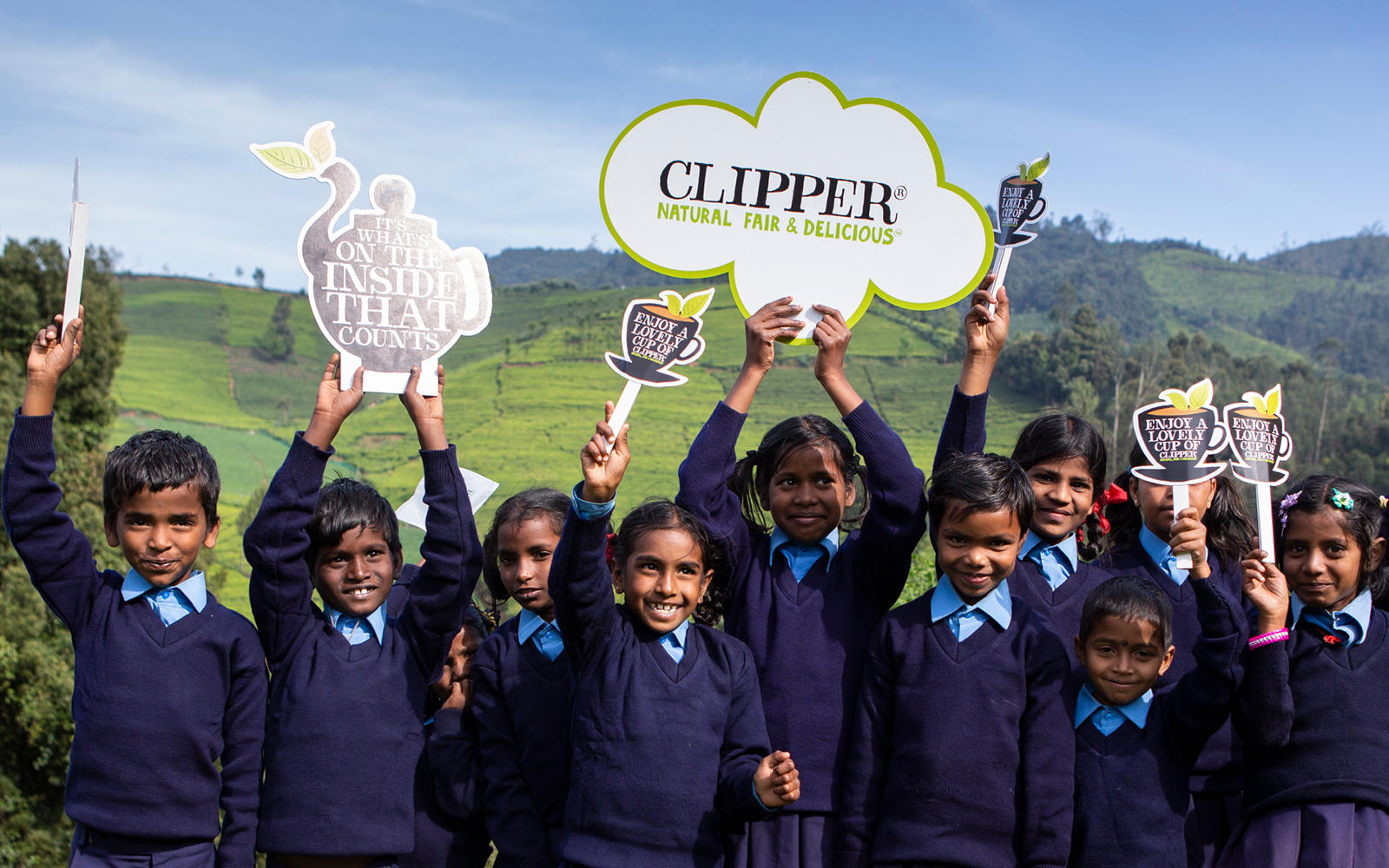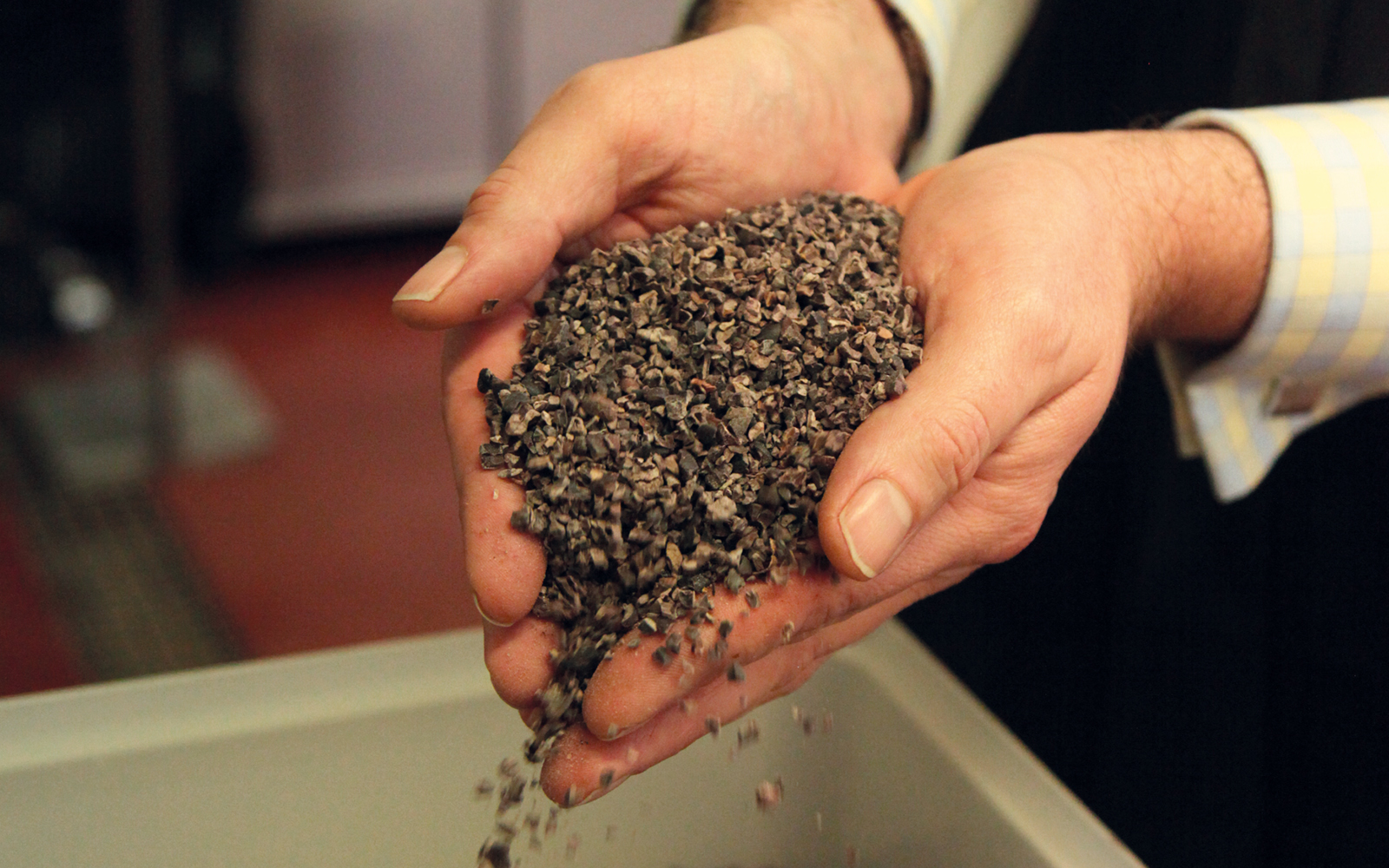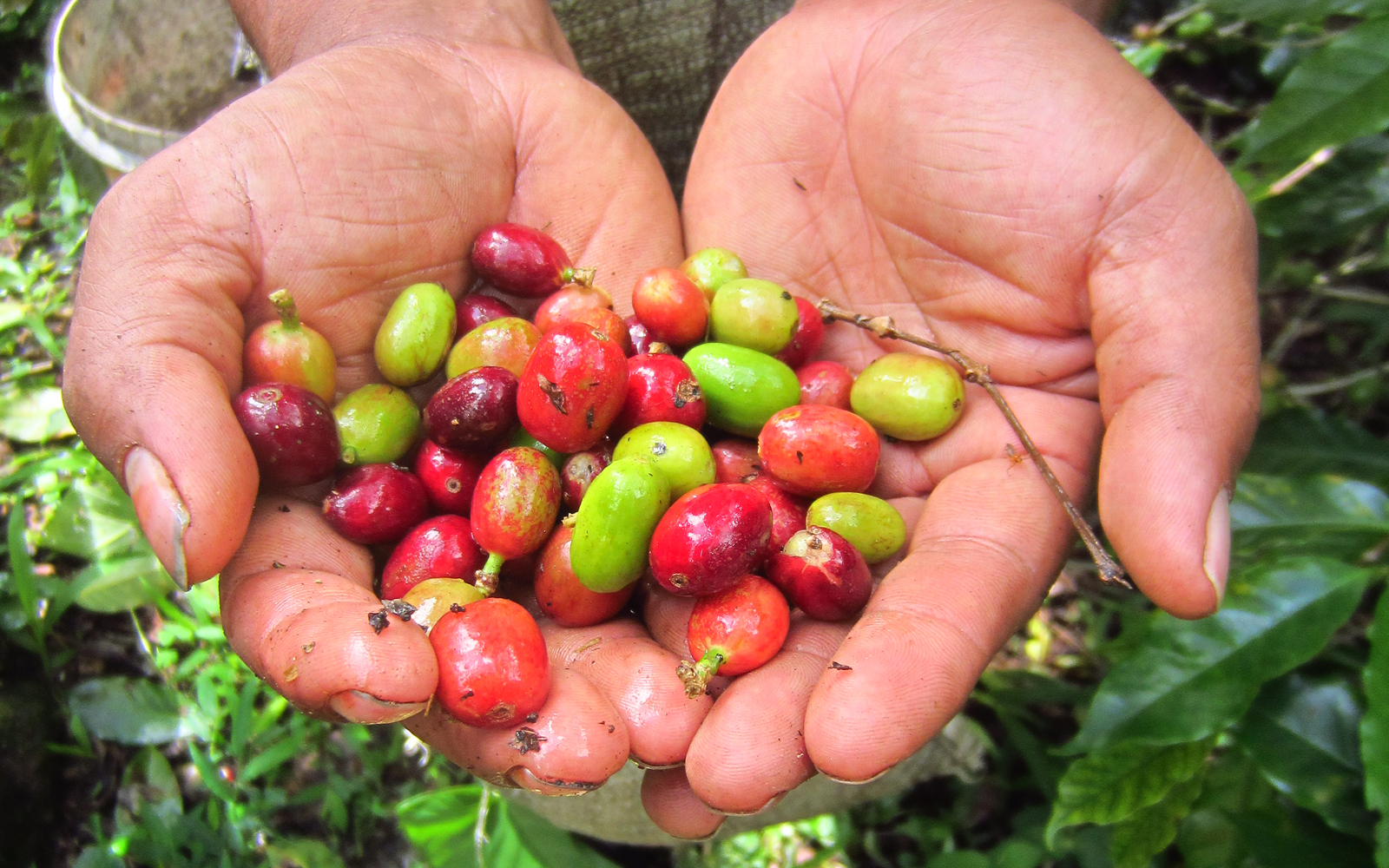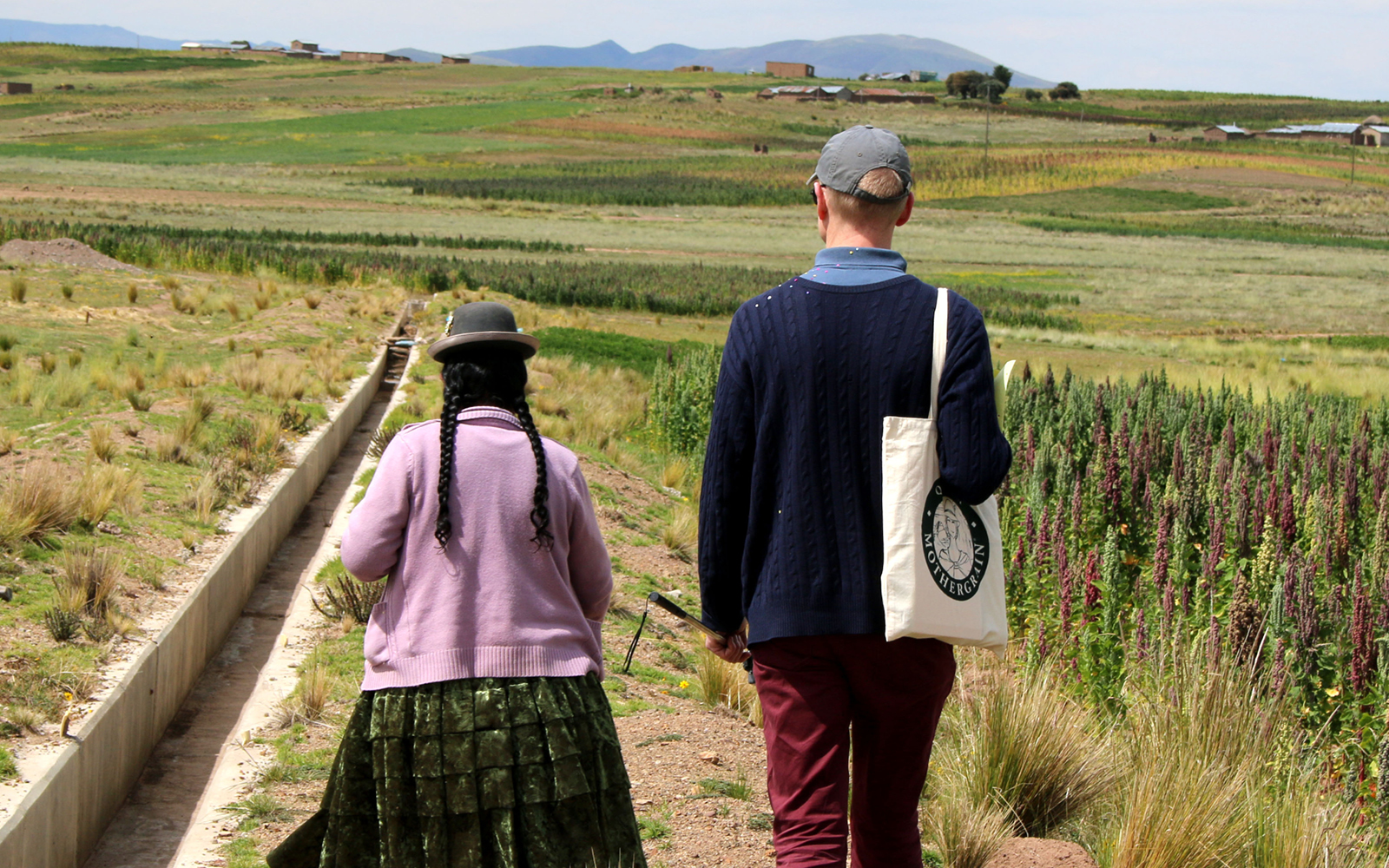World Fairtrade Day is the perfect time to celebrate the makers who have signed up to an ethical standard. We caught up with some of our Fairtrade-certified faves to find out how being a Fairtrade-certified company shapes them.
Fairtrade Fortnight: Meet the Abel & Cole Makers

But first, a crash course. What is fairtrade exactly?
The Fairtrade Standard guarantees a Fairtrade Minimum Price and a Fairtrade Premium that makers can use to make their farms and communities stronger. It also stands for women’s empowerment and environmental development, helping farmers to invest in climate resilience.
CLIPPER

Tea is the most popular drink in the world after water – 70,000 cups are drunk every second! Yet, too often tea workers struggle to get a fair deal. Clipper believe that small things can make a big difference and are proud to be the UK’s largest Fairtrade tea brand.
Clipper were the UK’s first Fairtrade tea company 25 years ago, proudly carrying the mark and even helping write the Fairtrade standards. Every box of Clipper you buy helps them to support tea producers and their families. “We believe that providing transparency on where we source our tea from will help build a more sustainable and empowered,” they tell us. “From producers to workers and civil groups.”
Did you know that more than 80% of tea pickers in Assam are women? The role of women in tea production, primarily as pluckers, is crucial. Women make up a core part of the team at the Clipper tea estates in India, which makes the Fairtrade Standard all the more important. Fairtrade premiums help provide education and healthcare for their families, training and learning programmes. They can also help provide crèches for their kids when they’re at work.
COCOA LOCO

Early on in their journey (2012, to be precise), Cocoa Loco became Fairtrade certified. Being a Fairtrade chocolatier can have its challenges, especially for sourcing new flavour ideas. But they’re happy to take on the challenge, tell us “it just means we have to work doubly hard to come up with new and exciting creations!”
Their Cocoa comes from the Dominican Republic, which is the second poorest country in the Caribbean. It's produced by a Co-op of farmers call Conacado. The average farm size is about 10 acres. The additional income generated from selling their cocoa to the Fairtrade market goes towards clean water project, school builds and repairs, and a clinic that offers free medical checks.
EAT YOUR HAT

For Eat Your Hat, fair trade is about “addressing a global imbalance of power, and treating growers and artisans as equals”. “It's a movement that prides itself on transparency, respect and greater fairness across international trade.” In fact, Eat Your Hat have championed fair trade since day dot: "as long as it has been possible to be ‘Fairtrade-certified’, we have been, as we were the ones who pioneered the revolution!”
“Our Eat Your Hat Organic 38% Milk Chocolate carries the Fairtrade Mark," they tell us. "However, the fact that we’ve gone above and beyond Fairtrade Standards and the Fairtrade minimum price for the components which make up this chocolate really sets it apart from other milk chocolate on the market.” Not bad for a bar of choc, eh!
Eat Your Hat break it down into three key areas to focus upon. “We deliberately only buy food from smallholders (farmers who own their own land) and not from plantations which are often owned by mega-corporations. We focus on organic produce wherever possible and on good food quality. Our philosophy extends to how we treat our own staff.”
QUINOLA MOTHERGRAIN

In 2012, James left the finance world with the dream of setting up a Fairtrade business. While travelling in Peru, he discovered the delights of quinoa, and Quinola Mothergrain was born. Since then, Quinola work with over 700 farmers from Fairtrade cooperatives. Like Coopain Cabana, nestled in the hills near Lake Titicaca, who have a deep respect for the environment.
“Ethics is in our DNA,” they explain. “We believe in being a radically generous company that is redefining the positive impact business can have on people, society and the environment. When you buy a product, you buy the world that goes with it.”
Quinola have raised funds for farmers, helping to modernise their techniques, with sustainability at the forefront. Their maritime carbon emissions are offset by a tree-planting scheme in the Peruvian Amazon, and they fight food waste with Too Good to Go. Closer to home, 16 people with learning difficulties pack the grains. “It’s important to us that our most vulnerable people in society get a chance to work on and receive equal opportunities”.
*Imagery kindly provided by Simon Rawles, Clipper; Cocoa Loco; Eat Your Hat; Quinola Mothergrain.


